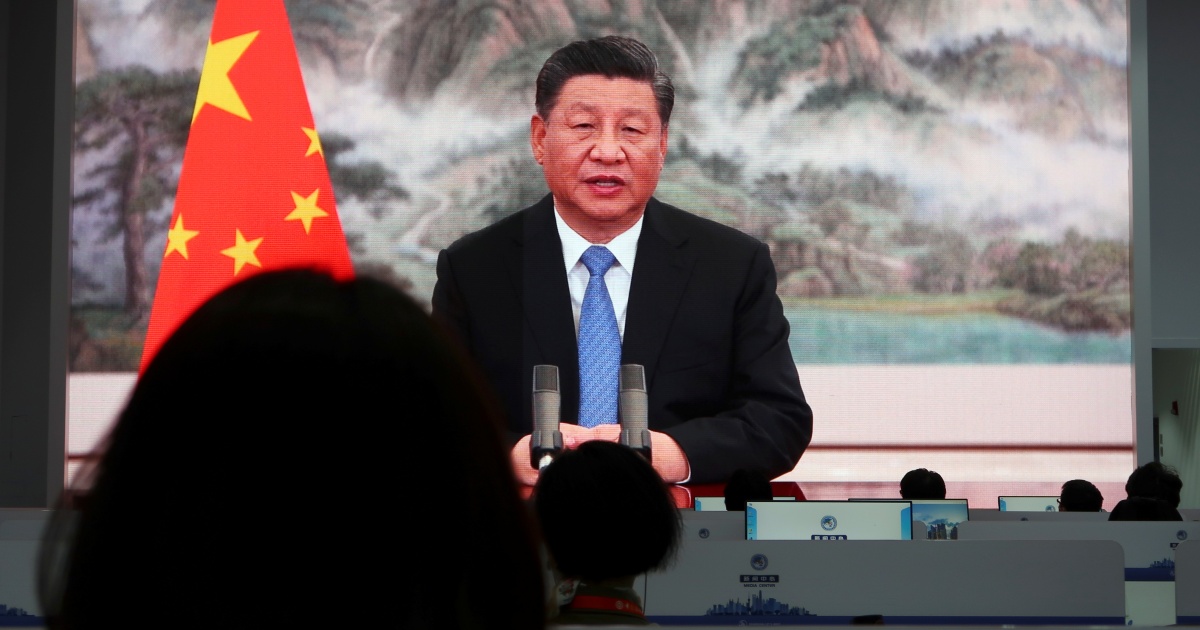British military intelligence, MI5, has recently exposed a Chinese “espionage” network in the UK aimed at converting foreign politicians to communist China’s philosophy or using money to persuade them to promote the Chinese line of thought.
The report submitted to the British government says top politicians in several European and Asian countries are being targeted by Chinese spies who use everything from hone-trap exercises to threats to “bend them to their will”.
Reacting to the report, Mike Burgess, the head of the Australian Security Intelligence Organisation (ASIO), told the media: “Espionage and foreign interference have supplanted terrorism as our principal security concern.”
The department handling the spy network is said to be the United Front Work Department, a branch of the Chinese Communist Party.
Burgess dropped a bombshell when in February he revealed that his agency had foiled a recent bid by a person nicknamed “The Puppeteer” who tried to intervene in the Australian federal election. “Using an offshore account, the puppeteer planned to support candidates who either backed the interests of the foreign government or who were deemed vulnerable to inducements and cultivation.” He did not identify the government but left enough hints to indicate he was referring to China. Apparently, an Australian Senator who dies earlier this year had named an ethnic Chinese-Australian businessman as the puppeteer.
In the UK, the case of Christine Lee has become sensational among the British elite. The Hog-Kong-born British lawyer was frequently seen in Parliament hobnobbing with ministers and even had a photo taken in 2019 with a Prime Minister, Theresa May, who also gave her an award.
This January, the award was cancelled after the MI5 reported that Lee “was covertly working for China”. This was the first instance when a foreign intelligence agency formally named China as the culprit organising espionage on foreign territory.
Apart from Britons and Australians, the Americans are also warning of “covert attempts by China to bend local politicians to its will”. A media report explained: “The alarms grew louder during the presidency of Donald Trump. ‘China is expanding its influence efforts to shape the policy environment in the United States, pressure political figures it views as opposed to China’s interests, and counter criticism of China,’noted William Evanina, then the director of the National Counterintelligence and Security Centre, in 2020.”
The Canadian government has report too. The Economist, in an exclusive story, said: “In a report last year the Canadian Security Intelligence Service (CSIS) said it had observed ‘persistent and sophisticated state-sponsored threat activity targeting elections for many years now’ with ‘a rise in its frequency and sophistication’. It did not name the countries involved, but earlier in the year David Vigneault, the chief of CSIS, said his agency was most concerned about actions by ‘countries like Russia and China’. Canadian newspapers also reported that “Canada’s spies had been briefing selected parliamentarians about influence operations by China, as well as other countries”.
In the British spy network case, Christine Lee confessed to intelligence agencies that the United Front Works Department “identifies and cultivates individuals with the goal of promoting the party’s agenda and “challenging those that do not subscribe to its policies”. Lee also admitted that she worked as a “legal advisor” to the Overseas Chinese Affairs Office, a division of the Works Department. Her website in China, now closed, once had a picture of Lee sharing hands with Chinese President Xi Jinping at a gathering where the Works Department chief was also present.
Lee’s story became further sensational when The Economist reported that “it had also long been known that Ms Lee had been providing money for staff in the office of a prominent opposition politician in Britain, Barry Gardiner of the Labour Party: a total of more than £500,000 ($650,000) over several years”. It quotes Gardiner as saying that that “this funding ended in 2020, that Ms Lee had no role in the appointment or management of his team members, that he did not profit personally and that Ms Lee’s son, who was working as his diary manager, resigned after MI5 issued its warning”. MI5 insists Lee obtained the funds from China to hand out to various British recipients.
What has China gained by this alleged espionage? There is hardly any tangible evidence yet about it. There is the case of an Australian opposition legislator, Sam Dastyari “who, in 2017, urged his government to “respect” China’s territorial claims in the South China Sea. Amid a furore over this, he resigned from parliament”.
The intelligence agencies are now sharing the outcome of their investigations with one another for better coordination in future. “The UFWD, they believe, often wants politicians to help China just by keeping silent: avoiding criticism of Chinese policy and refraining from supporting action, such as sanctions, that might cause difficulties for China’s government. The UFWD is not a spy service, but its targets are sometimes of interest to China’s espionage outfits, too. It facilitates their work.”
The western media, however, thinks there is more to the story than meets the eye. The Economist says: “There is a clear danger, however, when China’s real spooks get involved. Their work abroad—apart from gathering secrets—includes intimidating political enemies such as exiles from Xinjiang and other dissidents.”

Leave a Reply